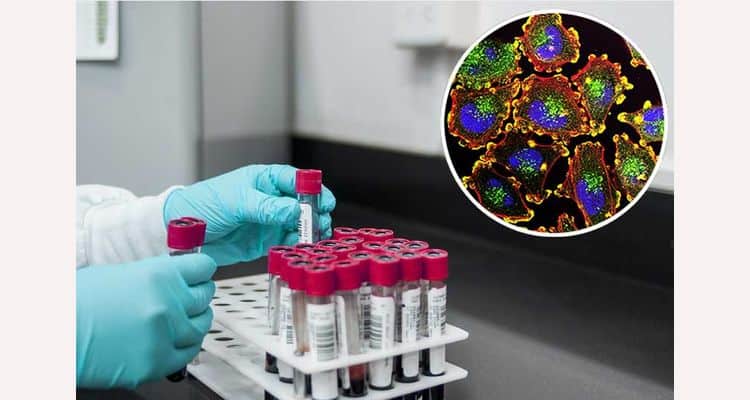Next generation sequencers market in India to grow at 11% CAGR through 2033: GlobalData
Technological advancements are driving a surge in the adoption of NGS in India
Technological advancements are driving a surge in the adoption of NGS in India
Next generation sequencing (NGS) is increasingly being applied in clinical oncology to advance personalised treatment of cancer. Technological advancements are driving a surge in the adoption of NGS in India, enhancing patient care and guiding more accurate and specific screening and targeted therapies.
Against this backdrop, India’s next-generation sequencers market is expected to grow at a compound annual growth rate (CAGR) of around 11 per cent through 2033, forecasts GlobalData.
G-KnowMe, a Bengaluru-based informatics startup, has recently partnered with researchers from the University of Cambridge and the Cambridge University Hospitals NHS Foundation Trust in the UK to develop an automated workflow platform “G-KnowMiner” for interpreting whole-genome sequencing (WGS) data of cancers.
G-KnowMiner is already used by large diagnostic labs in the Indian market to interpret data from NGS panels for cancer diagnostics. The collaboration will focus on developing clinical interpretation of WGS data for breast cancer patient management.
GlobalData’s research reveals that incident cases of female breast cancer in India are expected to grow at a CAGR of around 2 per cent between 2023 and 2033.
Shreya Jain, Medical Devices Analyst at GlobalData, says, “Integrating WGS analysis into NGS platforms represents a major leap forward in cancer diagnostics, enabling early detection, monitoring tumour evolution, and adapting treatments in real-time to counteract resistance.”
Leveraging its combined expertise in artificial intelligence and cancer biology, G-KnowMe is developing solutions to facilitate the adoption of extensive genomic panels in clinical cancer management. Expanding the use of NGS and WGS in research is anticipated to deepen the understanding of the genetic diversity of breast cancer within the Indian population.
“As NGS scales up, reduction in costs and enhanced accessibility of these technologies hold the potential to expand the implementation and improve the patient outcomes globally, while simultaneously contributing to the development of new therapies and cancer research,” concludes Jain.
- Advertisement -


